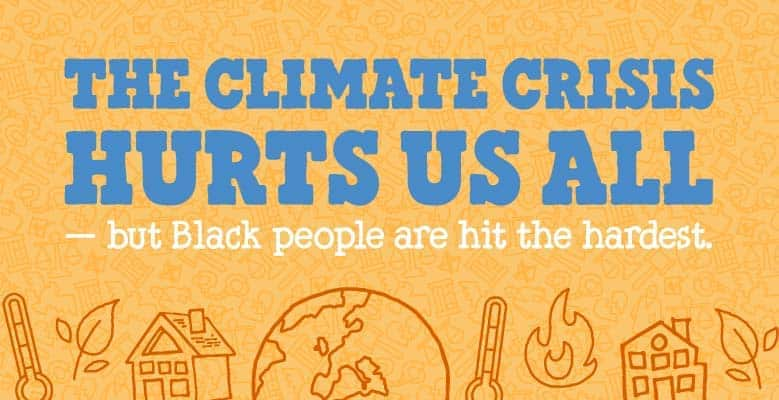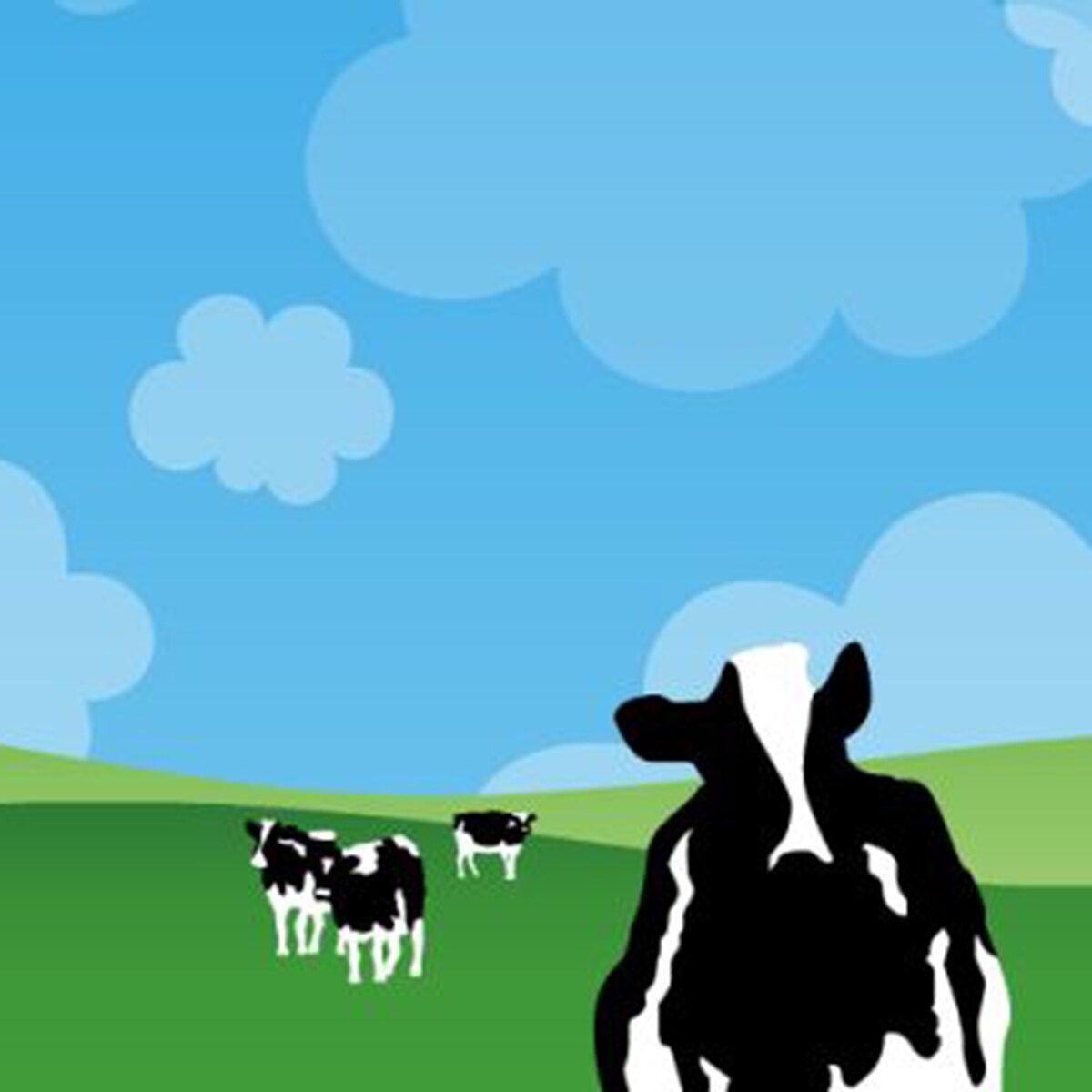November 17, 2020

As the forests burn and the droughts lengthen and the temperatures scorch and the sea levels rise, it’s becoming increasingly clear that what we’ve been calling climate change is really a full-blown climate emergency.
But while the climate crisis is something that affects all people, no matter where they live, that does not mean it impacts everyone equally. The richest people in the world’s richest nations can pour money into keeping themselves and their families comfortable and safe, but the most vulnerable people and the most vulnerable communities on the front lines of the crisis lack the resources to do the same—and they are being hit hardest.
Ramifications of Racism
We should be clear. This is not a new fight. BIPOC communities have been calling for environmental justice for generations. Climate inequities emerge from the same structural and systemic racism that’s responsible for people of color being more likely than white Americans to live near polluters and breathe polluted air.
Climate change is a racial justice issue. And here’s why.
-
Hotter neighborhoods
Redlining no longer officially exists, but compare a map of the neighborhoods across America with the highest average summer temperatures to an old map of redlined districts and the persistent effects of racial segregation are obvious. Formerly redlined neighborhoods are, on average, five degrees warmer than whiter, more affluent neighborhoods where redlining never occurred. Parks, trees, green roofs, all great stuff that can help us cool off and combat climate change: and it’s the white neighborhoods that have them. This is literally a matter of life and death. Heat kills 12,000 people in cities every year. And temperatures are only going up.
-
More vulnerable to wildfires
Climate change creates the perfect conditions for wildfires: more heat, more drought, drier vegetation. As a result, fires have been getting bigger, lasting longer, and occurring with more frequency. And recent research has shown that Black, Latinx, and Native American communities are 50% more vulnerable to wildfires compared to other communities. Native Americans, due to their forced relocation to remote reservations, are particularly at risk. They’re six times more likely to live in fire-prone areas and, due to a host of socioeconomic factors, they’re dramatically less able to rebuild and recover after a fire.
-
Polluted communities
A six-year-long study found that while white people experience about 17% less air pollution than they produce, Black and Latinx people experience 56% and 63% more air pollution, respectively, than they cause. That’s very much in keeping with other research in this area. Race, and not economic class, is the number one determining factor for placement of toxic facilities, like power plants and incinerators, in America. The pollution they produce doesn’t just sicken and kill the people of color in those communities, it also contributes to the warming of the planet.
-
A disproportionate economic toll
Studies predict that the climate crisis will hit America’s poorest counties the hardest. Inequality and inequity will make it nearly impossible for those Americans to cope with the damage done. This isn’t surprising. Just look at what happened when Hurricane Katrina hit New Orleans: more than 30% of Black residents didn’t own a car, so they weren’t able to evacuate. The city’s Black population fell after the storm, because Black people couldn’t afford to come back and rebuild. We see this time and again, from Black communities in coastal Georgia that don’t have the money to rebuild after flooding to elderly city residents who can’t afford air conditioners to survive the next heat wave—marginalized people are not only bearing the brunt of the climate crisis, a crisis they had little role in creating, they are also less likely to have the resources to adequately respond to it.
How We Can Help
Today, our most vulnerable communities are being hit from all sides. A legacy of environmental pollution and chronic government neglect is being exacerbated by the increasingly devastating toll of the climate crisis. And then there’s the pandemic, which has disproportionately impacted communities of color.
The bad news can feel overwhelming, but it’s important to remember that this unprecedented moment is also giving us an opportunity. As we begin to open up after COVID shut everything everywhere down, we have a chance to rethink our society’s priorities and values. We have a chance to push for a green economic recovery here and around the world—a recovery that puts people and the environment first. This is our best chance to combat the climate crisis and ensure a just and equitable transition to clean energy and green jobs, to make sure that our most vulnerable citizens, not huge corporations, benefit from the new world we’re building. We must build back better.
We owe that to the planet, and we owe it most of all to those who’ve been told over and over again to wait for justice, to wait for the chance to make a better life. The wait ends now.
Recent Articles


